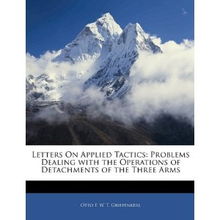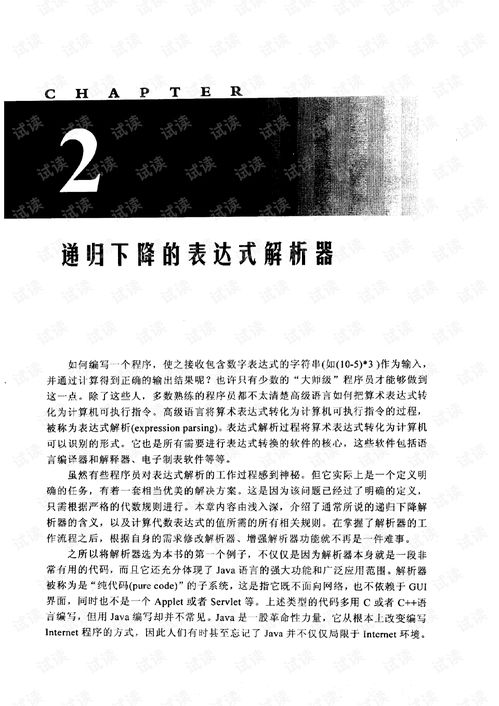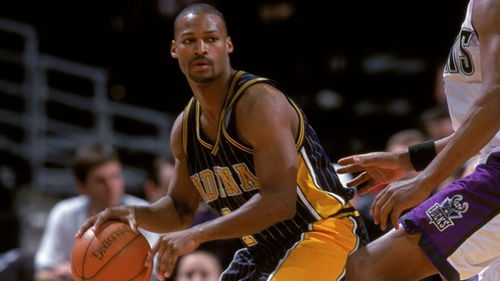Introduction: Fishing is a popular outdoor activity that requires patience, skill, and knowledge. However, even the most experienced anglers may encounter issues such as continuously breaking rods. This article aims to provide practical tips and techniques to help you overcome this problem and improve your fishing experience.
Choose the Right Rod: The first step in preventing rod breakage is to select the appropriate rod for your fishing needs. Consider the following factors when choosing a rod:
- Material: rods made from high-quality materials such as carbon fiber or graphite are more durable and less likely to break.
- Length: a longer rod can provide better leverage and reduce the strain on the rod during a fight with a fish.
- Action: rods come in various actions, such as fast, medium, and slow. Choose an action that matches the type of fish you are targeting and your fishing style.
- Power: the power of the rod determines its ability to handle fish of different sizes. Ensure that the rod's power is suitable for the fish you are targeting.
Proper Handling and Care: Improper handling and care can lead to rod breakage. Here are some tips to help you maintain your rod:
- Store your rod in a protective case or on a rod holder to prevent damage from falls or contact with other objects.
- Avoid overloading your rod by using lures or baits that are too heavy for the rod's power and action.
- Be gentle when casting and reeling in fish to prevent sudden stress on the rod.
- Inspect your rod regularly for signs of wear, such as cracks or damaged guides, and repair or replace it as needed.
Improving Casting Techniques: Poor casting techniques can put unnecessary stress on your rod, leading to breakage. Follow these tips to improve your casting:
- Practice casting techniques with lighter lures or baits to develop proper form and timing.
- Pay attention to your casting angle and distance to avoid overloading the rod.
- Use a smooth, consistent casting motion to ensure even line distribution and reduce stress on the rod.
Learning to Set the Hook: Setting the hook incorrectly can cause excessive pressure on the rod, leading to breakage. Here's how to set the hook properly:

- Wait for the fish to take the bait before setting the hook.
- Use a quick, firm motion to set the hook, but avoid pulling too hard, which can break the rod.
- Adjust your rod's angle and position to distribute the pressure evenly along the rod.
Using Proper Tackle: Using the right tackle can also help prevent rod breakage. Consider the following:
- Use a reel with a strong drag system to handle larger fish without putting excessive stress on the rod.
- Choose a monofilament or fluorocarbon line with the appropriate strength for the fish you are targeting.
- Ensure that your knots are tied correctly and securely to prevent line slippage and breakage.
Conclusion: Continuously breaking rods can be frustrating and detrimental to your fishing experience. By choosing the right rod, taking proper care of it, improving your casting techniques, and using appropriate tackle, you can minimize the risk of rod breakage. Remember these tips and techniques to enhance your fishing skills and enjoy a more successful and enjoyable fishing adventure.












